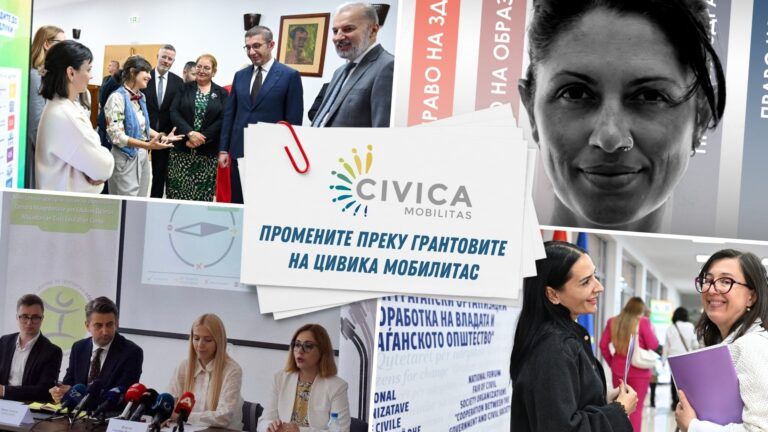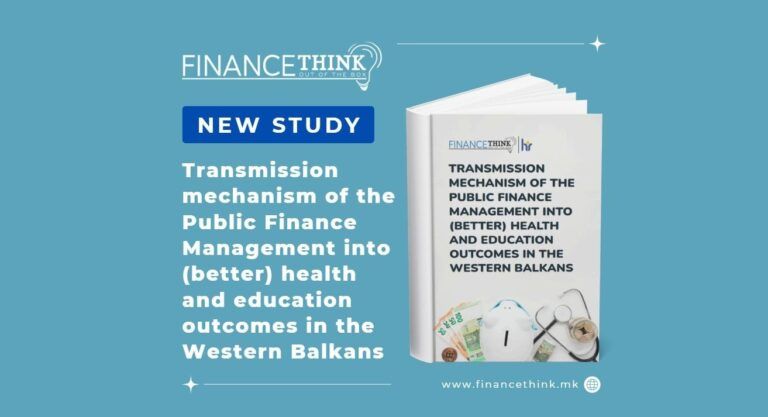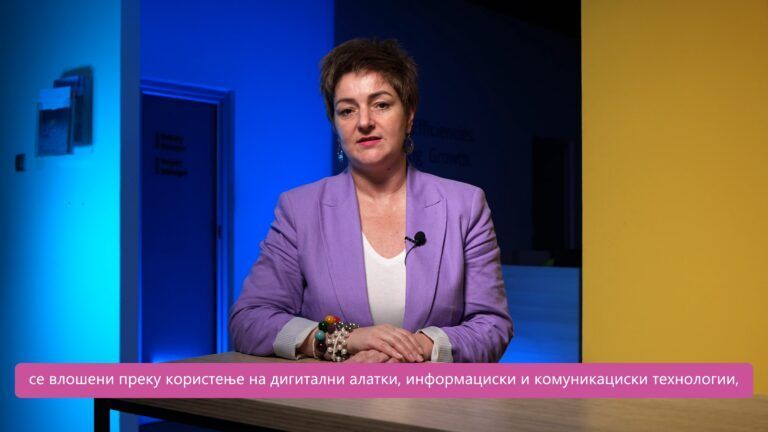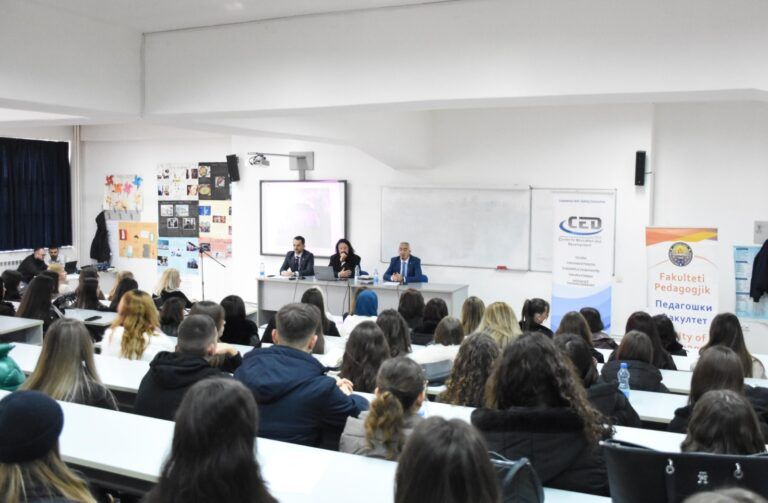Breaking barriers: persistent gender gaps in sport revealed
A new analytical report from the “All In Plus: Promoting Greater Gender Equality in Sport” joint project highlights both progress and persistent disparities in gender equality across European sport. The report, published at a conference in the framework of the Luxembourgish Presidency of the Committee of Ministers, is based on data collected in 21 jurisdictions and provides a comprehensive analysis of gender equality in six key areas. It analyses the state of gender equality in leadership, coaching, officiating, participation from grass-roots to elite level, preventing gender-based violence, media/communication, and gender equality policies and programmes in sport.
A Call to Action
The “All In Plus” project underscores the urgent need for policy implementation, financial investment, and coordinated efforts across the sports sector. Despite some progress, gender disparities in leadership, participation, and media representation remain deeply rooted. The Council of Europe and the European Commission urge governments, sports organisations, and other stakeholders to adopt and enforce policies that ensure equal opportunities for women and men in sport.
Georges Mischo, Minister in charge of Sport in Luxembourg stated that “Gender equality in sport is not just a goal, but a fundamental right that we must tirelessly work towards. The findings of the All In Plus project highlight the strides that have been made as well as the significant gaps that still need to be addressed. This project is crucial in bringing to light the persistent disparities and providing clear insights and recommendations. It is imperative that we take these findings seriously and that the necessary changes are implemented to ensure that everyone, regardless of gender, has equal opportunities and representation in the world of sport.”
Normunds Popēns, Deputy Director-General of Education, Youth, Sport and Culture at the European Commission, stressed during the conference: “As we celebrate these achievements, we must also acknowledge that gender equality in sport is a complex and deeply rooted issue that requires ongoing commitment, collaboration, and innovation. It is now up to all of us to take the insights and recommendations generated by this project and transform them into concrete, lasting change.”
“The findings of this project serve as a wake-up call for the sports sector. While we see incremental progress, we must accelerate efforts to ensure that gender equality is not just an ambition but a reality,” said Matthias Kloth, Head of the Digital Governance and Sport Department at the Council of Europe.

Key Findings of the Report:
Leadership: women remain significantly underrepresented in decision-making roles. Only 12% of sports federations have a female President, and 29% have a female Vice-President or Board members. While 59% of sports organisations have taken action to increase women’s representation, disparities remain stark.
Coaching: women make up only 23% of registered coaches, with significant variations among countries. While Malta (40%), Switzerland (39%) and Sweden (34%) have relatively higher proportions of female coaches, some jurisdictions have sports federations that employ no female coaches at all. Only half of sports organisations have taken action to recruit more women into coaching roles.
Officiating: women account for just 32% of sports officials, with numbers particularly low in Austria (8%). Only 47% of sports organisations have implemented measures to increase female representation in officiating.
Participation: women and girls represent only 31% of all sports federation members, with participation rates dropping significantly from youth to adulthood. Finland stands out as a leader in gender-balanced participation with 50%, while in many other jurisdictions women’s engagement in sport remains limited.
Preventing Gender-Based Violence (GBV): progress has been made, with the percentage of sports organisations having written policies increasing from 25% in 2019 to 39% in the latest data collection in 2023. However, only 33% allocate funds for GBV prevention, and victim support mechanisms remain underdeveloped with 37%.
Media representation: only 35% of sports organisations have taken steps to promote gender-balanced representation in the media, with Austria (65%) and Spain (59%) leading in this area. However, fewer than 30% of organisations have media guidelines for gender-sensitive representation.
Gender equality policies and programmes: while 67% of sports organisations include gender equality in their long-term plans, only 34% have written policies or action plans, highlighting a gap between commitment and concrete action.
https://www.coe.int/en/web/portal/-/breaking-barriers-persistent-gender-gaps-in-sport-revealed
Council of Europe – Luxembourg – 13 february 2025
This post was originally published on this site



![[Aggregator] Downloaded image for imported item #43092](https://civicamobilitas.mk/wp-content/uploads/2025/12/media-lit-call-for-proposals-fotor-naslovna.png)
![[Aggregator] Downloaded image for imported item #43146](https://civicamobilitas.mk/wp-content/uploads/2025/12/10-1536x1152-1-1024x768-1-768x576.jpg)

